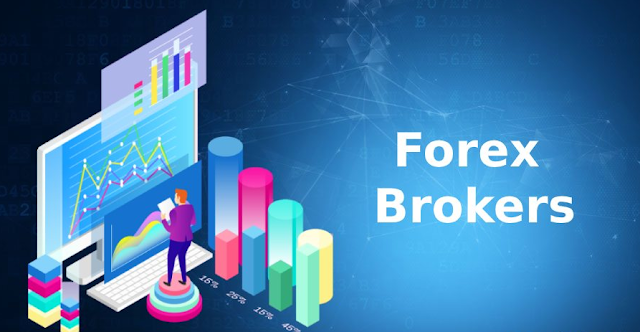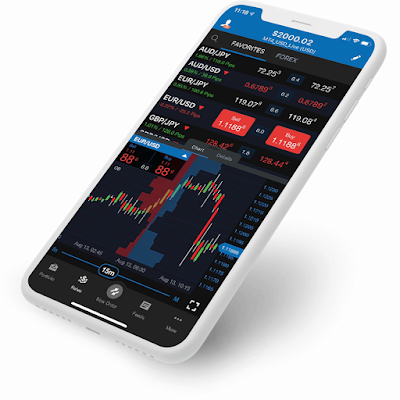Forex Brokers
There are a number of different Forex brokers who effectively provide you access to the Forex markets. Some popular Forex brokers include:
- FXCM
- Alpari
- Oanda
- FXOpen
Of course, this is far from an exhaustive list of Forex brokers as there are dozens throughout the internet. Every Forex broker has different benefits and disadvantages. They all have different account options and tools, some of which can work better with your trading style than others. For instance, if you don’t want to put a lot of your own capital into an account, then it’s possible to use a different, limited account that keeps your monetary investment low. Likewise, if you want to be a big spender, you can open up an account that allows for that.
Forex Trading Platforms
While Forex brokers get you to the actual action of Forex trading, they generally offer a number of different trading platforms. Trading platforms are essentially the software programs (whether in-browser or on your own computer) that bring you the Forex market. These trading platforms are where you see the live updates of currency rates and where you will do all of your trading. If you lack any familiarity with Forex trading or trading platforms, then it’s probably a good idea to open up a free demo account with a broker so you can practice on their trading platforms.
Some brokers have their own native trading platforms that they operate. For instance, FXCM offers three different trading platforms, including:
- Web
- Desktop
- Mobile
This gives you a range of different options to choose from. A web platform allows you to trade inside the browser itself so you don’t have to download anything. A desktop platform gives you the ability to download software to your computer’s hard drive. You also have much more customization options and a more robust feature set because your computer is hosting all the data rather than the broker’s website. A mobile platform gives you the ability to trade Forex on the go. Whether you have a smartphone or a tablet, you can download an app and start trading in the palm of your hand.
Other brokers will provide you with third-party trading platforms that are not operated by the brokers themselves. Some of the most common third-party trading platforms include:
- MetaTrader 4 (MT4)
- ZuluTrade
- Active Trader
- Mirror Trader
- Ninja Trader
All of these platforms offer different sets of tools and options to their users. For instance, MetaTrader 4 is one of the most commonly used platforms because it can be used in conjunction with the Expert Advisor (EA) software. The EA software essentially indicates when users should make a trade.
Zulutrade, by contrast, is an automated trading platform that will literally make decisions and execute trades for you. This is good for traders who don’t have the time to develop solid trading tactics or who would rather keep their emotions out of the picture entirely. Active trading platforms and automated trading platforms are the two major characters that you’ll find with most brokers.
If you’re not sure what trading platform to use, don’t worry. Most of these trading platforms are available in free demo versions, so you can always test them out beforehand.



